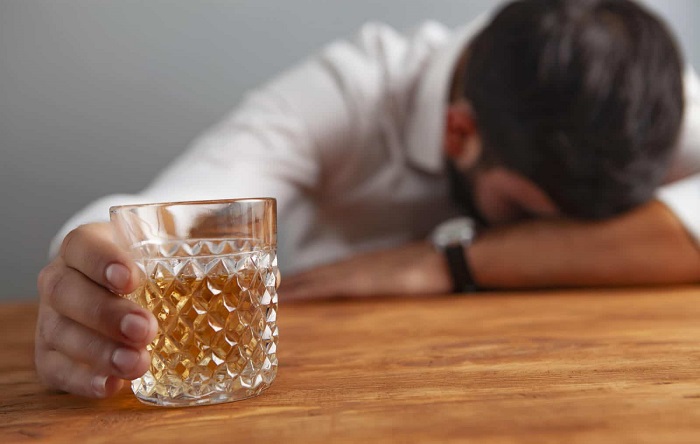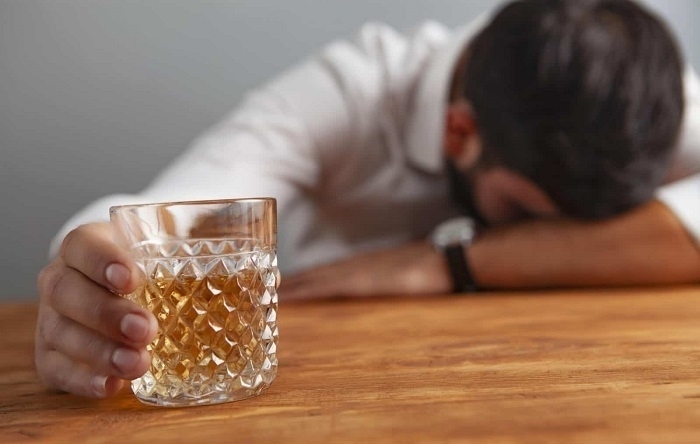Physical Effects Of Alcohol Addiction And Ways To Overcome It
Alcohol has been described as one of the widespread addictions in the world. Alcohol abuse leads to such horrible physical side effects that even the strongest alcohol abusers cannot drink enough to die. Physical withdrawal symptoms from alcohol abuse include tremors, shakes, and hallucinations. Alcohol Rehabilitation Centre in India work with their patients to help them recognize their physical symptoms and where to go for help.

Symptoms And Effects Of Alcoholism
Physical effects of Alcohol addiction may include but are not limited to, bruising, dizziness, nausea, diarrhoea, headache, and skin disease. Alcohol withdrawal symptoms include shaking, sweating, nausea, headaches, tremors, and hallucinations. Alcoholics use various means to self-medicate the effects of alcohol consumption including but not limited to, alcohol shakes, drinking coffee or other drinks, taking tranquilizers, or sleeping with a glass of wine. It is easy to become addicted to alcohol because it is widely available and often used casually. Alcohol abuse results in such devastating physical problems that it is no wonder that recovery is such a difficult process.
Physical withdrawal symptoms that occur when an alcoholic quits drinking include tremors, anxiety, nausea, and diarrhoea. Alcohol cravings, also known as “binge” cravings, are the greatest challenge for addicts. If an alcoholic is unable to quench his or her drinking cravings, he or she will return to the bingeing cycle over again. This can cause serious health problems as well as problems with the family. Quitting drinking requires strength, willpower, and support from those who care about you.
How To Overcome Alcoholism?
Physical effects of alcoholism can be reduced by making changes to your lifestyle and diet. Alcoholic patients are advised to eat healthy foods, exercise regularly, and stop consuming alcohol at least two hours before bedtime. If you know that your loved one is experiencing these symptoms, be sure to get him or her into treatment. The sooner alcohol addiction is treated, the greater the chance for early recovery.
Alcoholism is a complex disease and is highly treatable. However, there is no cure for alcoholism, just as there is no cure for all forms of mental or emotional disorders. It is important to get help for yourself or for your loved one if you believe that he or she may be suffering from alcohol addiction.
The symptoms of alcoholism may begin to diminish after a couple of weeks of therapy. Most experts recommend that patients should wait at least six months before they can drink again to determine if the symptoms will reappear or if the problem will decrease. For some people, the symptoms of alcohol addiction will just naturally diminish over time. For others, however, the physical and psychological effects of heavy alcohol use will always be present, and treatment is always the best way to manage these issues.
